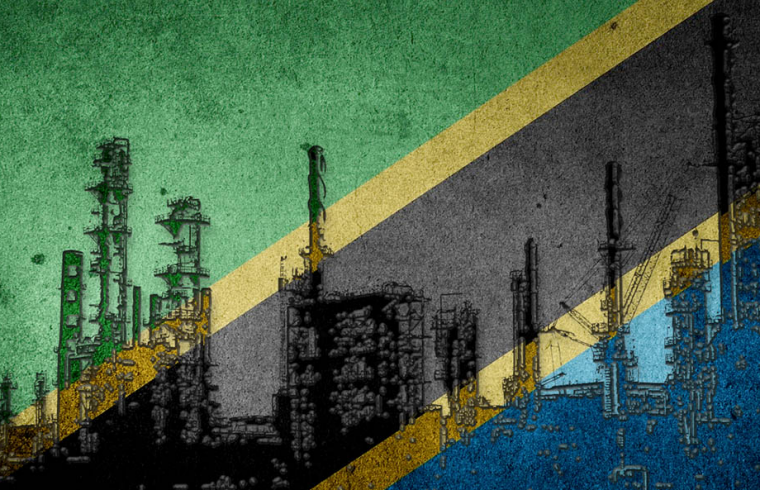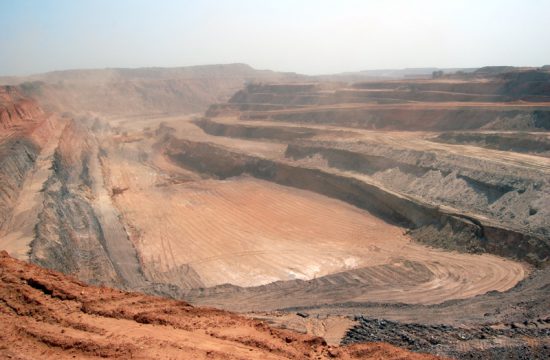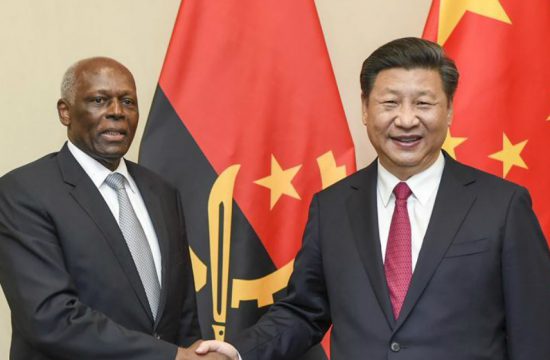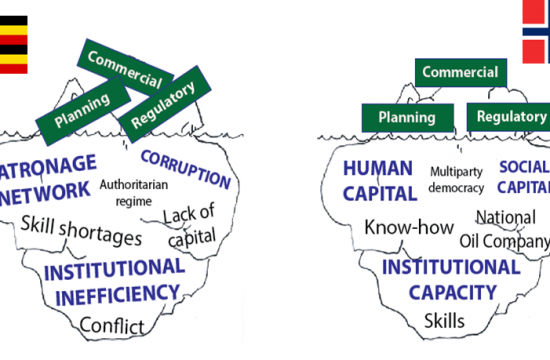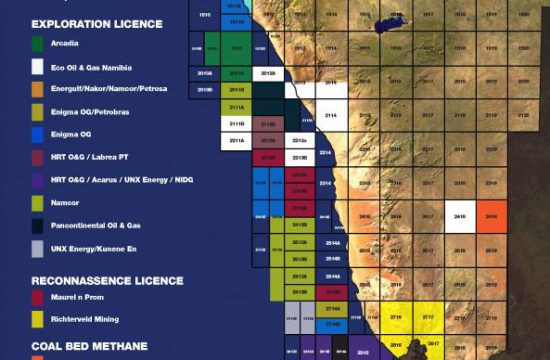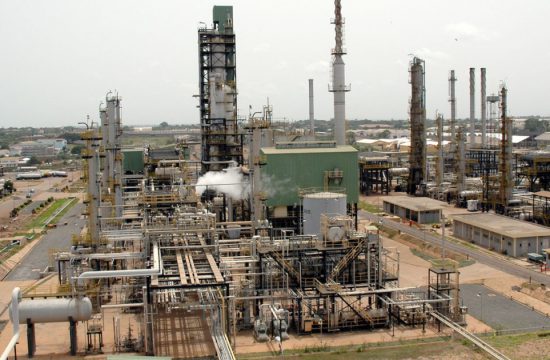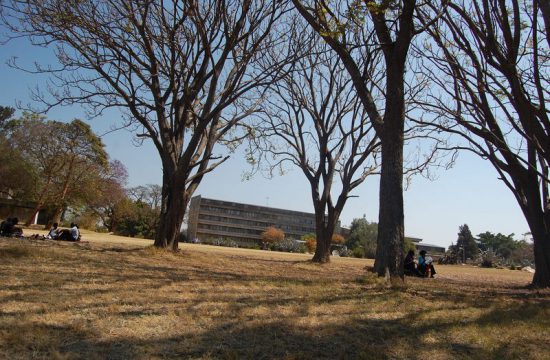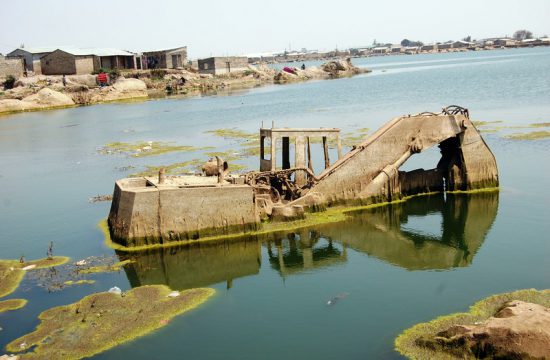East Africa is often described as the world’s „new oil and gas frontier” or hydrocarbon El Dorado – the most perspective region in terms of oil and gas exploration. Taking into consideration the hydrocarbon potential of the region, it is legitimate to ask questions about East Africa’s readiness for the oil and gas production. During the last decades, the natural resources in Sub-Saharan Africa often proved to be catalysts for conflicts (for example in: Liberia, Sierra Leone, Niger Delta, Angola, DRC) and macroeconomic destabilization (Zambia, Nigeria, Chad) than the base for a sustainable development. Negative correlation between economic growth, political stability and the abundance of natural resources is called “resource curse” hypothesis (also known as the “paradox of plenty”). Despite the journalistic tone of the term “resource curse”, this issue was raised by the most notable political scientists and economists, during the last two decades, and is one of the most important fields of studies in development economics and African studies. Among the numerous scholars working on this issue, the most influential papers has been written by: Jeffrey Sachs, Joseph E. Stiglitz, Richard Auty and Paul Collier. In Poland the constant research on the resource curse hypothesis are being conducted in the Institute of International Studies at the University of Wroclaw.
The main purpose of the research is to answer the question whether the historical moment of oil/gas discovery influence on the developing country readiness for oil/gas production. There are several reasons for choosing Tanzania, as the most suitable and representative entity for this project. First of all, Tanzania has literally no experience in the hydrocarbon production. The country also has underdeveloped mining industry. This very situation will allow us to track the developments of the hydrocarbon production industry with the special emphasis on the legal and institutional frameworks created in order to attract mining corporation and collect gas related revenues. We have a rare opportunity to watch the mushrooming of the new branch of the developing country industry, which due to lack of know-how will be developed by the non-Tanzanian corporations in co-operation with the Tanzania’s government. Secondly, Tanzanian gas reserves are among the world’s most prosperous (the exploration activities are being conducted by the Norwegian Statoil). Although, the bulk of the Tanzanian gas industry is still in its exploration phase, the proven reserves of gas are estimated to be worth the 15 times Tanzania’s national GDP. There are also chances for the oil discovery, due to the fact that oil and gas reserves are very often “interconnected”. This all legitimate the questions – whether Tanzania will be able to prepare itself for the gas production? Does the government have skills necessary to negotiate a fair deals with mining corporations and eventually to renegotiate the contracts if necessary? Does the Tanzanian government have skills necessary to supervise gas production? Fluctuating gas prices are also a factor which must be taken into account.
We assume that, besides economic factors (possibility of Dutch disease), the quality of institutions and polices at the moment of oil discovery, are the major determinants of how the natural resource influences on a country development. Additional factor that should be taken into account in Tanzania is the stability of the Tanzania’s political regime, and the possibilities of the overcoming of the one party dominance.
The research team consists of representatives of political science and economic science is uniquely situated to study the phenomenon of the resource curse in Sub-Saharan Africa, as this phenomena manifests itself in both political and economic dimensions. By analysing and decomposing recent dynamics in social, political and economic dimensions of the country at the dawn of full-scale gas production from its 52 trillion cubic feet gas deposits, the authors will strive to reach a conclusion on whether Tanzania will become the next victim of the resource curse. The research will be supported by qualitative and quantitative research methods and techniques typical for political science and economy. The major methods used in the project will be as follow: in-depth interviews with representatives of the entities participating in the creation of Tanzania hydrocarbons revenue governance processes – mostly, representatives of local and international advocacy groups, politicians, and representatives of business; in-depth interviews with Tanzanian intellectuals; observation; analysis of Tanzanian press; comparative analyses of Tanzania and other Sub-Saharan hydrocarbon-states developments; historical analysis; discourse analysis; macroeconomic analysis; statistical analysis.
Without a well-prepared and conducted field research in Tanzania and direct contact with key actors involved in the management of the resource rent, the planned paper has very small chances of being published in a peer review journal, as the vast majority of them have a formal requirement that any submitted paper has to draw from original field research.
This very project is a continuation of research the Authors conducted in Zambia, Botswana, Namibia, Ghana and Uganda. It is worth mentioning that the successful realisation of this project depends extensively on the contact network which has been established and cultivated by the University of Wroclaw, Faculty of Social Sciences (and the researchers themselves) with different research centers across Sub-Saharan Africa and Europe.

